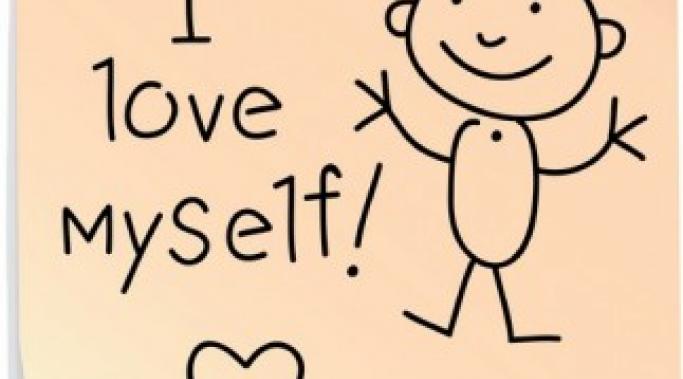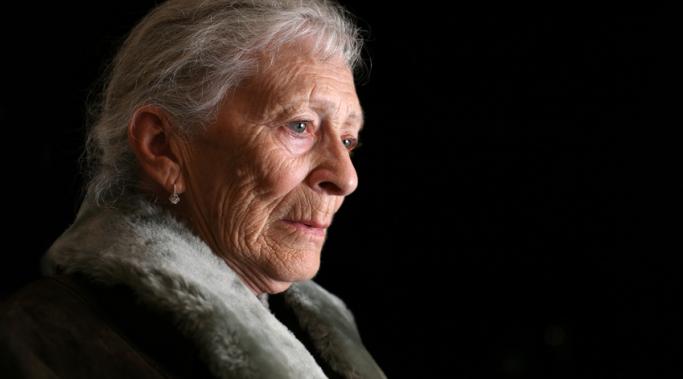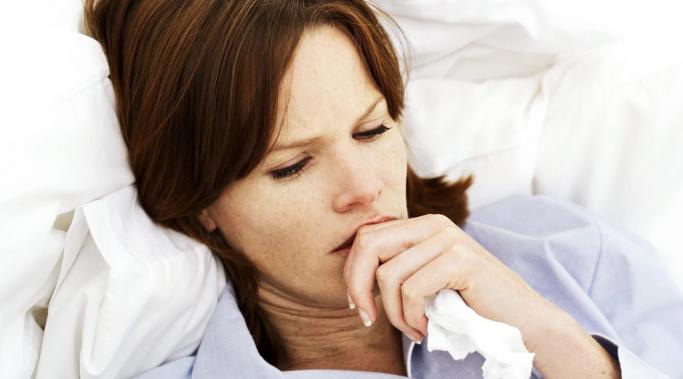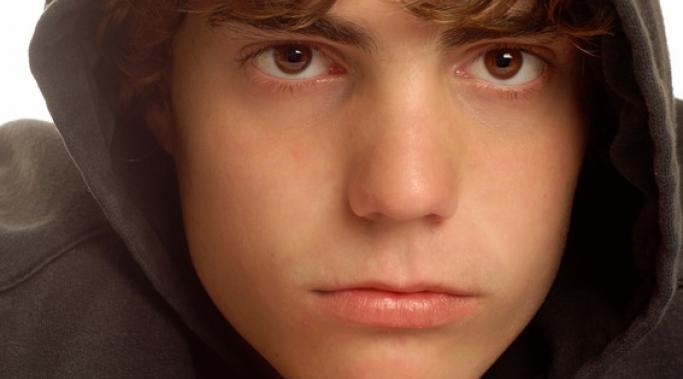I think it’s hard to have healthy self-esteem when you have bipolar. Sure, you can have grandiose self-esteem when you’re manic or hypomanic but that’s not the self-esteem you carry with you into everyday life, nor is it particularly healthy self-esteem. No, I think people with bipolar have low self-esteem because of their illnesses.
Being Crazy
People with bipolar display emotion perhaps more than most. For example, there are few places in this small city in which I haven’t cried. And some of those displays of emotion are entirely linked to bipolar disorder. If I wasn’t bipolar, I wouldn’t have had them. However, some displays of emotion are not tied to bipolar at all, and yet, no one seems to understand this.
“Oh, she’s so bipolar.”
You’ve probably heard someone say this about someone they don’t like. You’ve probably heard someone use the term “bipolar” as an insult. It’s sort of in from a pop culture standpoint.
And while I don’t believe in taking offense when someone uses a term like “crazy” in a non-hurtful way, I certainly do take offense when someone uses a genuine illness and slings it like mud.
And while I’m perfectly capable of understanding that the person who said it is simply ignorant and it should have no effect on me, the fact is, hearing your illness being used as an insult is hurtful and it is hurtful to your self-esteem.
How many times of you heard, "oh, you can't date her, she has bipolar disorder." Well, okay, you might not have heard it, but many of us have been on the business end of that idea. People have advised others never to date us because we have bipolar disorder. In this video I talk about the stigma of dating someone with bipolar disorder and how it's just prejudice that produces statements like the above.
I’ve been working on coming up with mission and vision statements for a charity I work with, and one of the things that a fellow board member said was that we want to end self-discrimination. I thought this was quite brilliant, and, of course, quite true. One of the things people with a mental illness face isn’t just discrimination from others but discrimination and stigma from themselves. And if we want to fight discrimination and stigma in the world, this begins by looking in the mirror.
Being sick, I think with anything, can be extremely isolating. Being sick, you’re not “like everyone else.” Be it cancer, HIV, diabetes or bipolar disorder, there is a moment when you realize that you’re different and that difference is isolating.
This is a form of internal isolation. But, of course, isolation can be external every bit as much as it can be internal. And sadly, most people with bipolar disorder experience heaps of both.
I have had a lot of bad bipolar days in my life. Days when I was incapacitated. Days when I couldn’t make food for myself. Days when I couldn’t work. Days when I couldn’t talk to anyone. Days when I just couldn’t function.
On these days, I’m sick. And in some regards, it’s a type of sickness that is like many others. I feel like trash, I don’t want to move from the couch and everything hurts – that could describe a cold or the flu as well. But as it happens, it also described a bad day for depression or bipolar disorder.
But here’s the thing, when someone calls and asks if I want to have coffee, saying I’m too depressed isn’t seen as acceptable. That’s seen as weakness. That’s seen as something wrong with me. Whereas, if I said I was sick with a cold, that would be alright, because, after all, everyone gets colds and when they get them, it’s okay not to feel like socializing.
And I can’t tell you the number of days I’ve said I was sick with the flu, or a cold, or a stomach bug or anything but sick with bipolar. But really, that’s what I am.
Even amongst people with bipolar disorder, the disorder is highly contested. People argue about what it’s “really” like to have bipolar disorder. What mania is like. What depression is like. And perhaps most hotly debated of all is what the appropriate treatment of the symptoms is – antipsychotics, mood stabilizers, antidepressants, psychotherapies, alternative treatments and so on. People argue about virtually everything.
And one of the reasons why this is the case is because the experience of bipolar disorder is so vastly different. Some people experience manic psychosis, others do not. Some people experience delusional depression, others do not. Some people experience suicidality, others do not. And so on. Severity varies as do symptoms.
And I would argue that much of this disagreement stems from the two basic types of bipolar disorder: well-controlled and not well-controlled bipolar disorder.
A normal life is something I’m not very familiar with. I’ve never really had one. From the time I was a kid with an alcoholic father, to the teenage years I spent depressed, to my adult years dealing with psychiatrists, symptoms and medication side effects, I’ve never really enjoyed anything termed normalcy.
But the question is, does anyone with bipolar enjoy a normal life?
There is something I have noticed about my busy bipolar brain. I’ve noticed that it seems obsessed with multitasking. It almost seems to not allow me to do one thing at once. If I sit down to watch TV, for example, I can’t stop myself from also picking up my computer or playing a game on my cell phone. When I sit down to write an article, I have to constantly also be checking in on my social media at the same time. People always wonder how I can be everywhere at once. That’s easy. I’m everywhere at once because my brain is everywhere at once.







![MC900441394[1]](/sites/default/files/styles/blog_listing/public/uploads/2013/08/MC9004413941.png?itok=UHwwmyXi)

